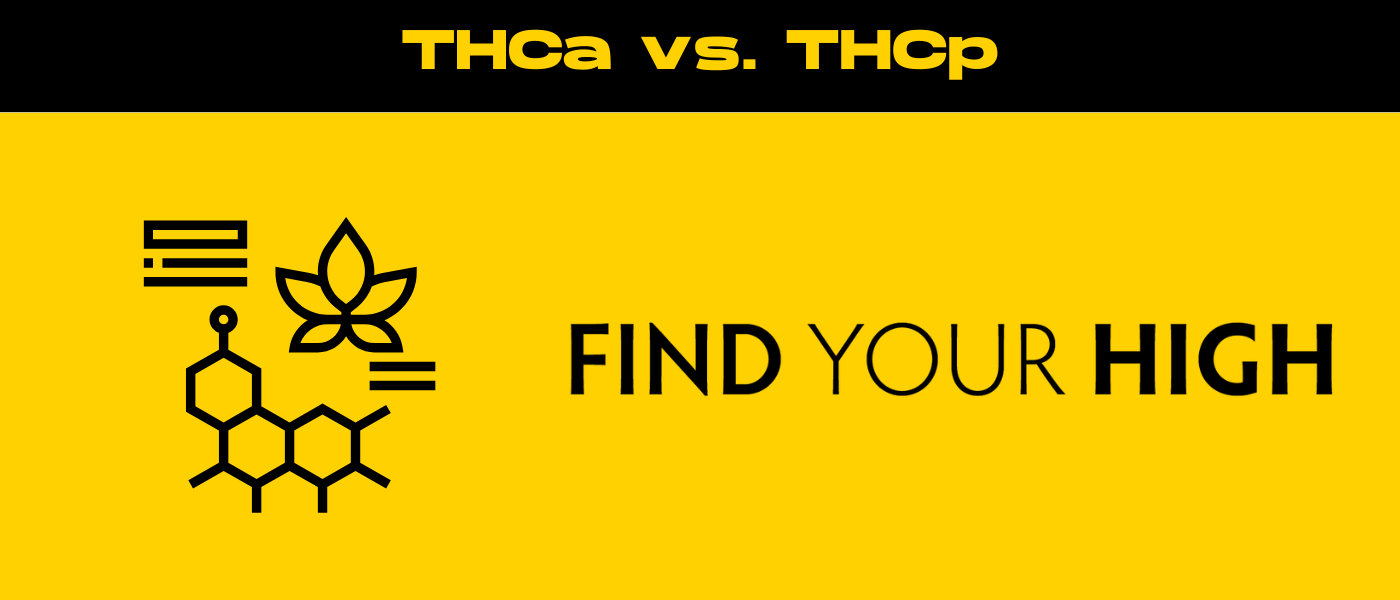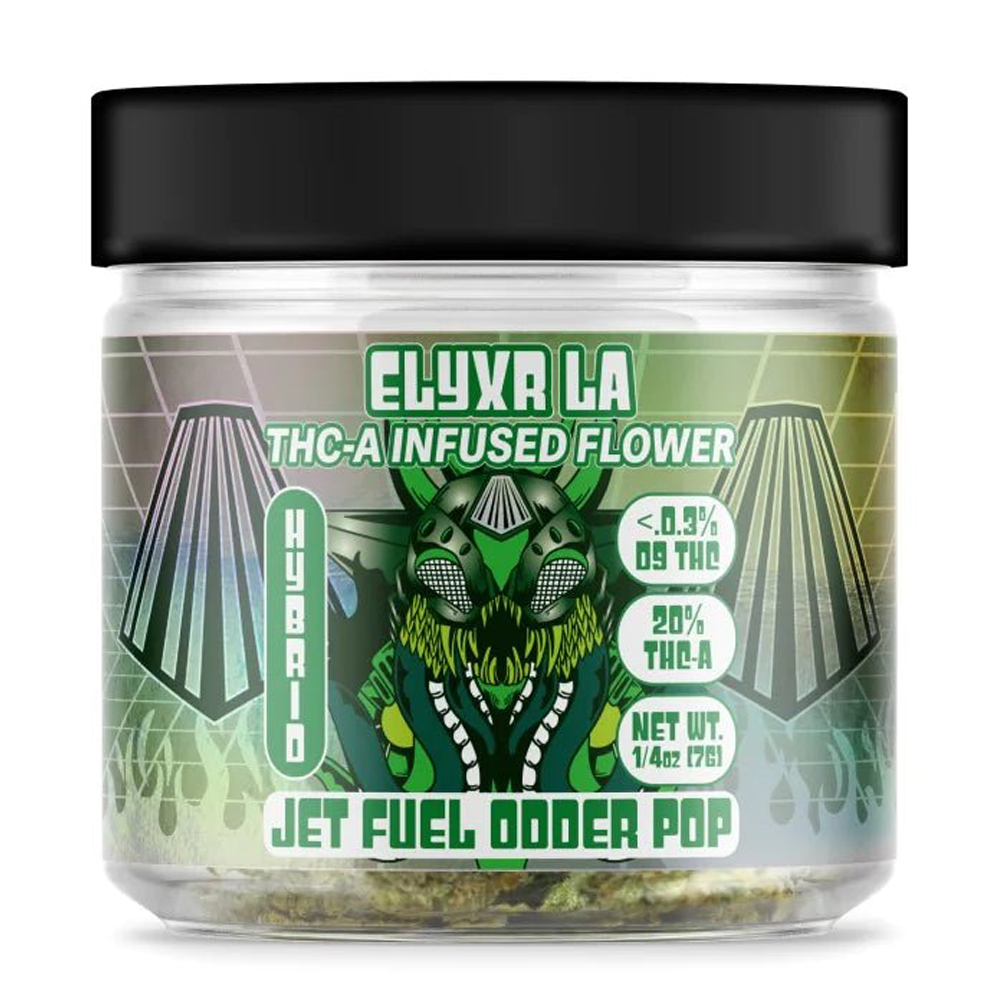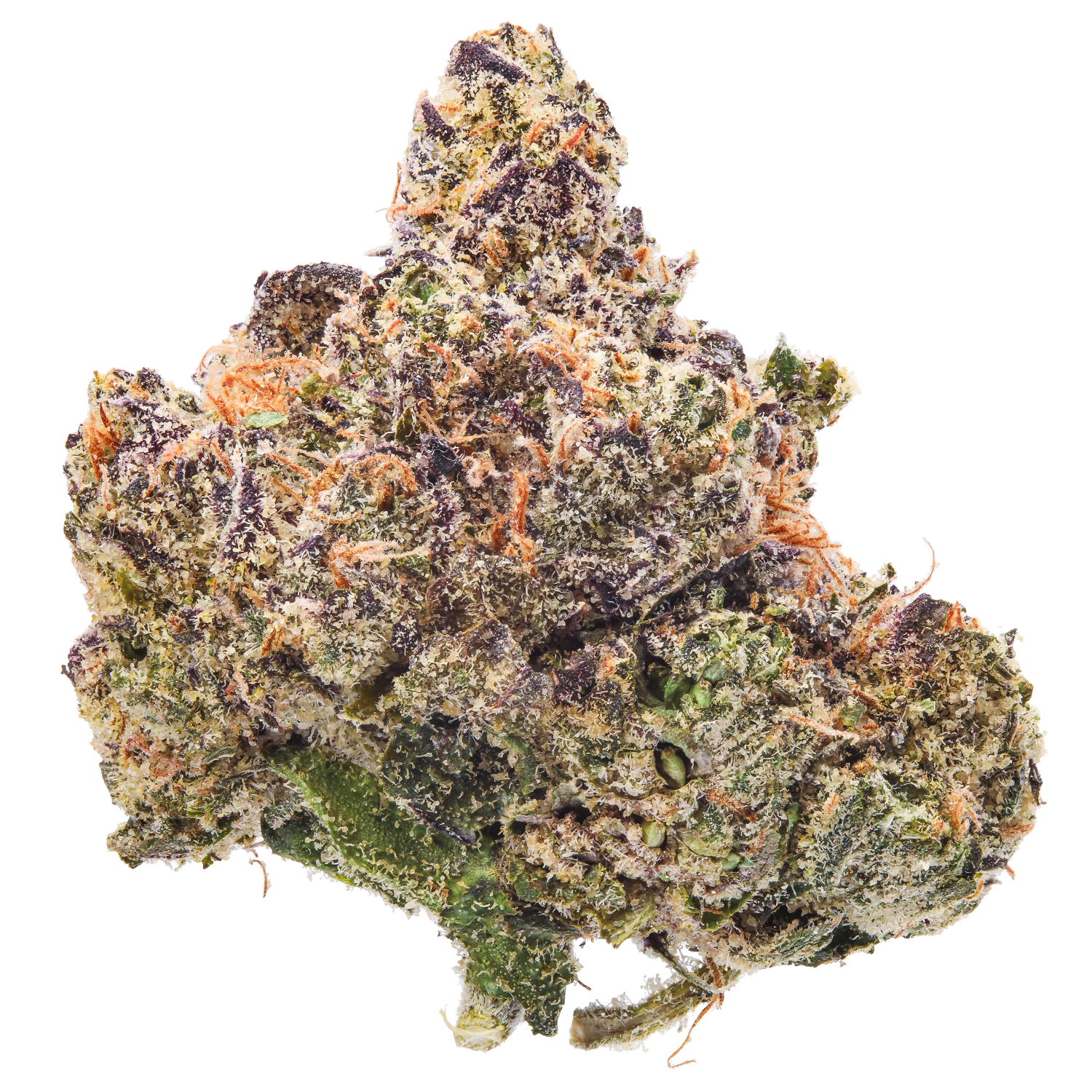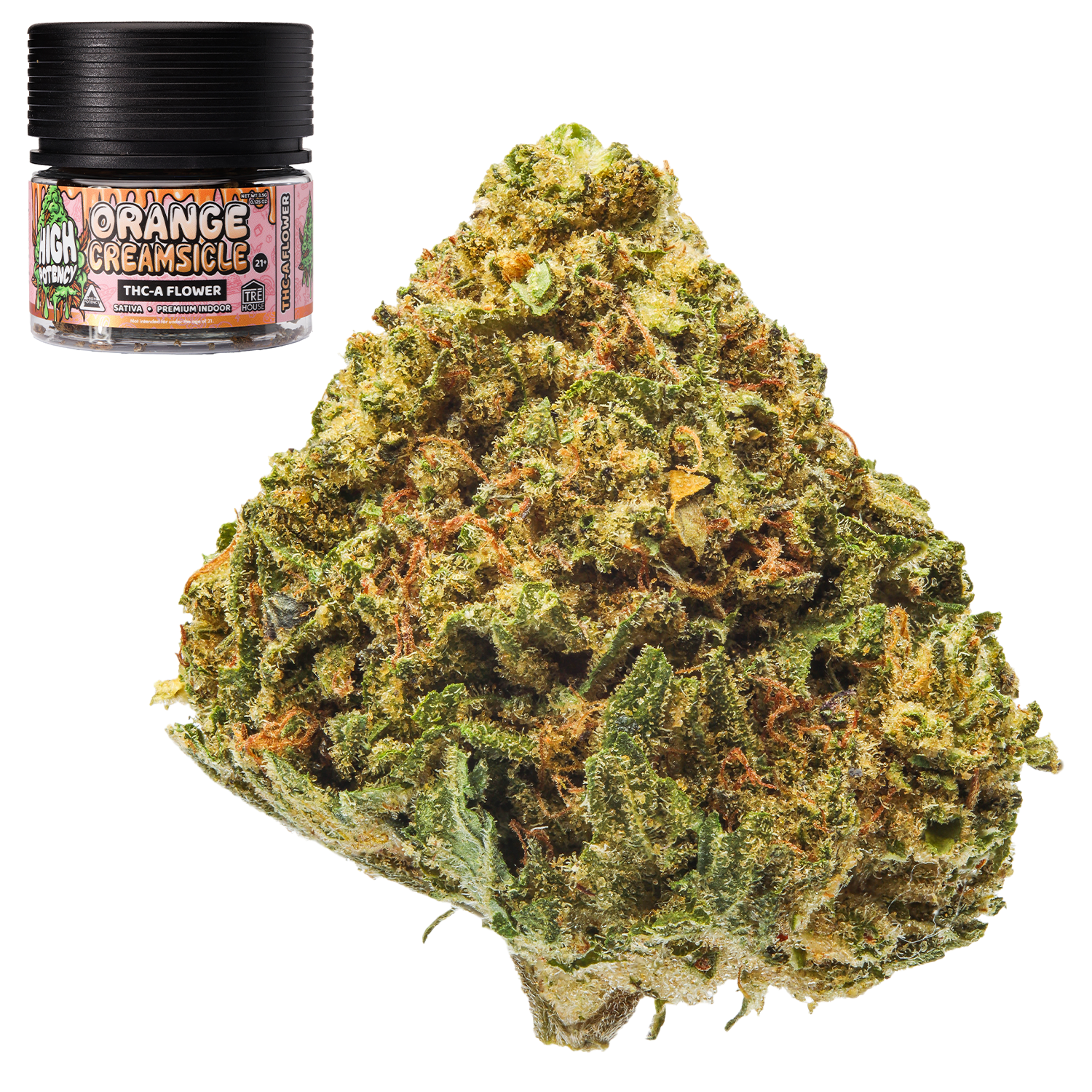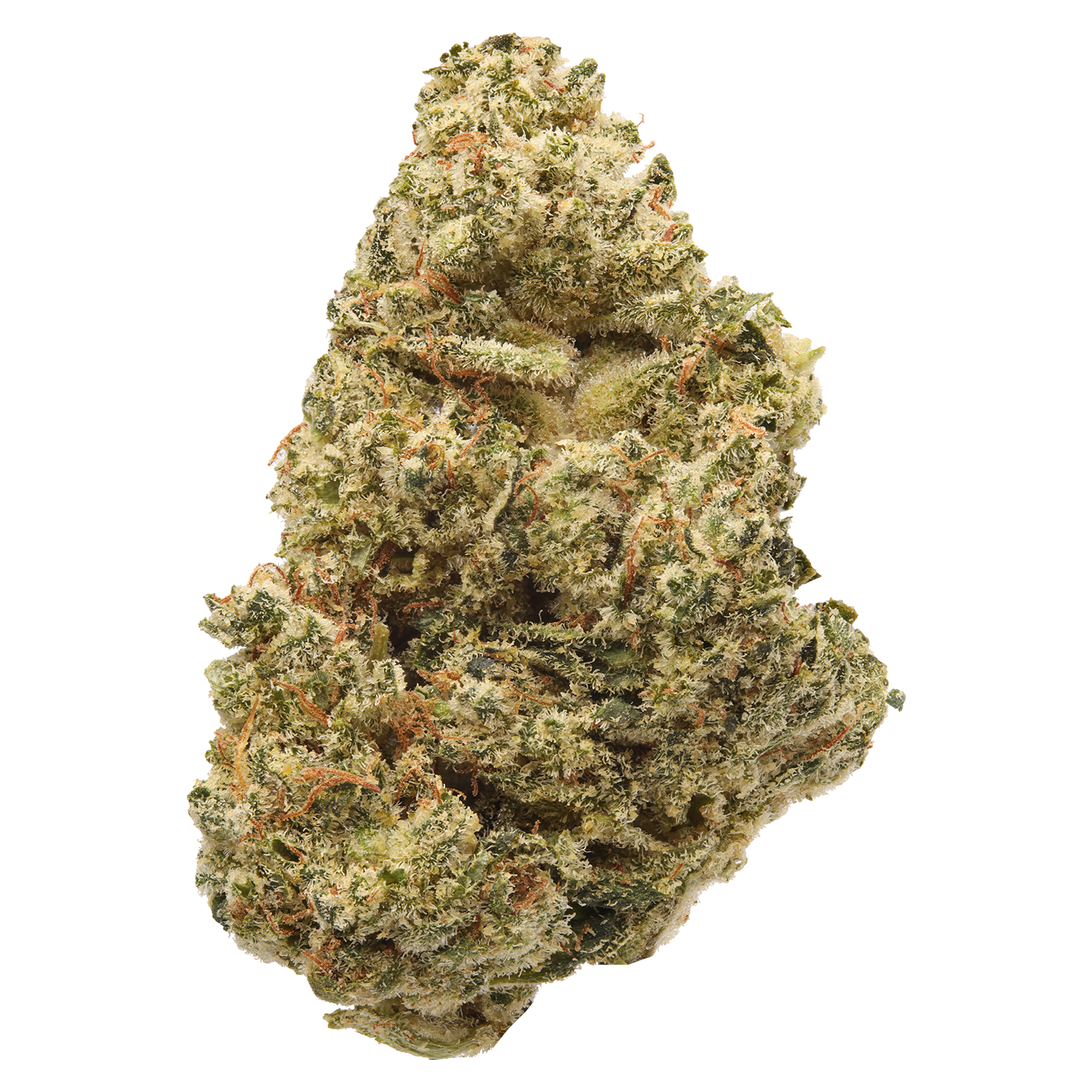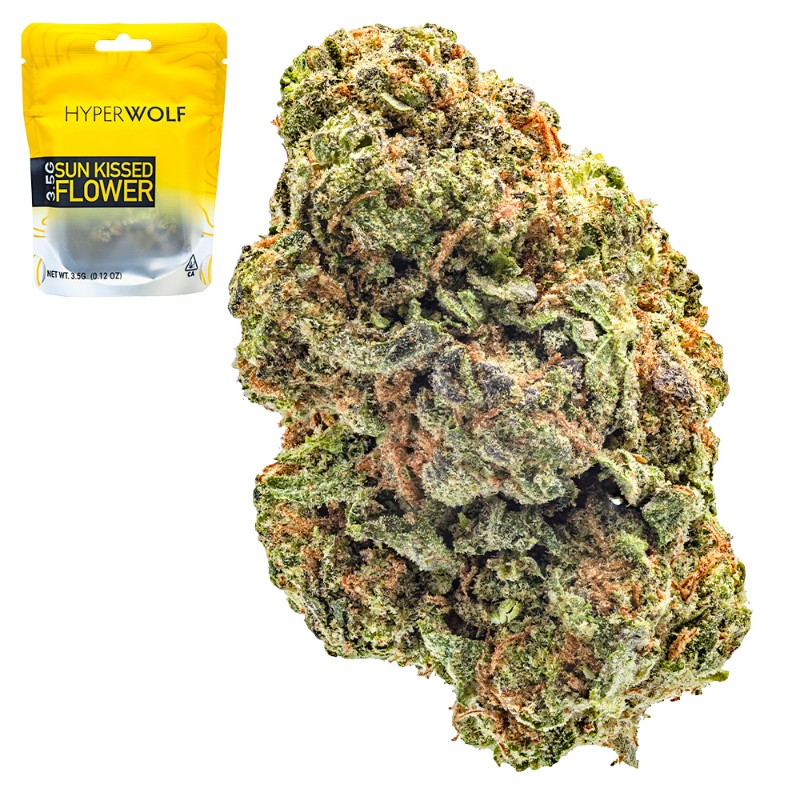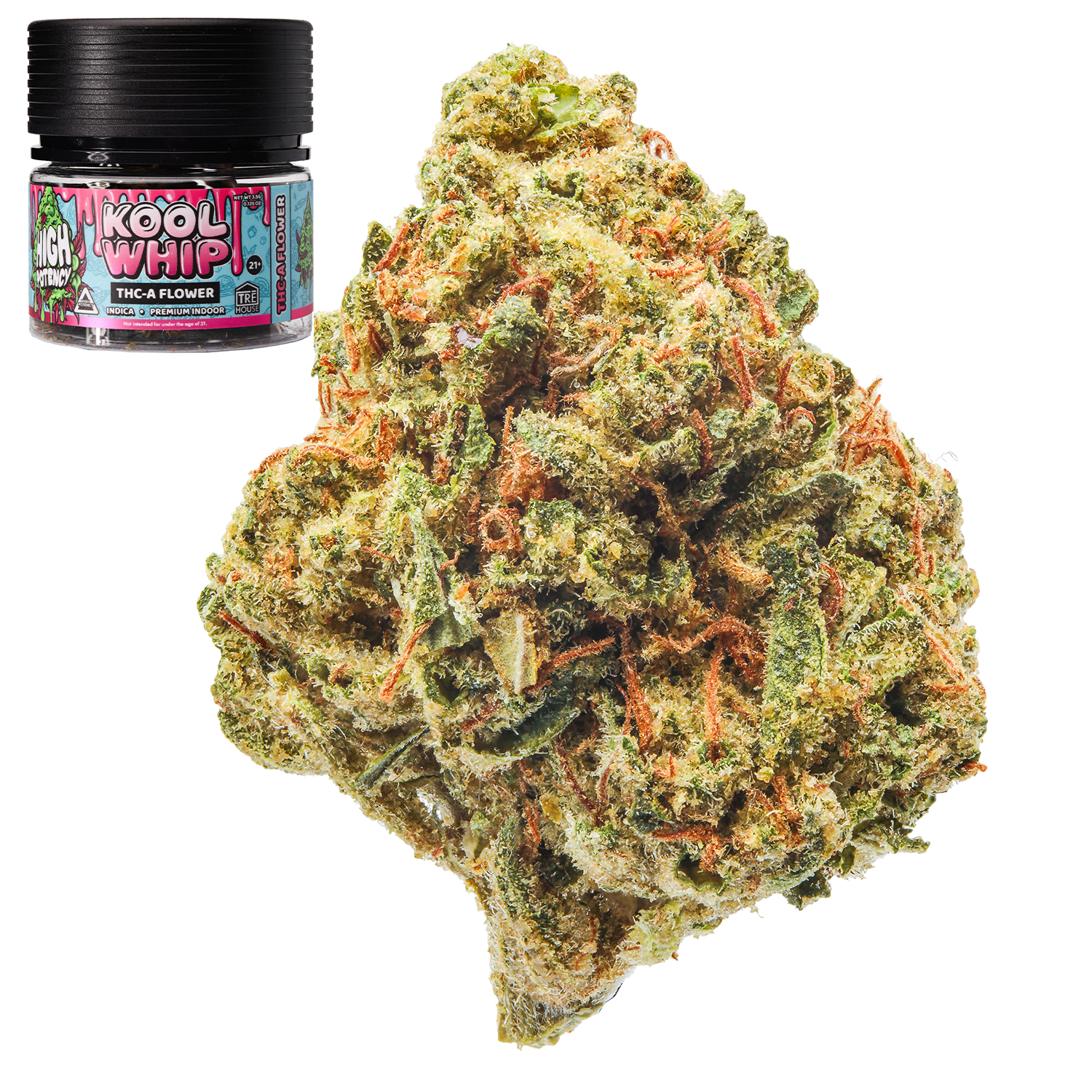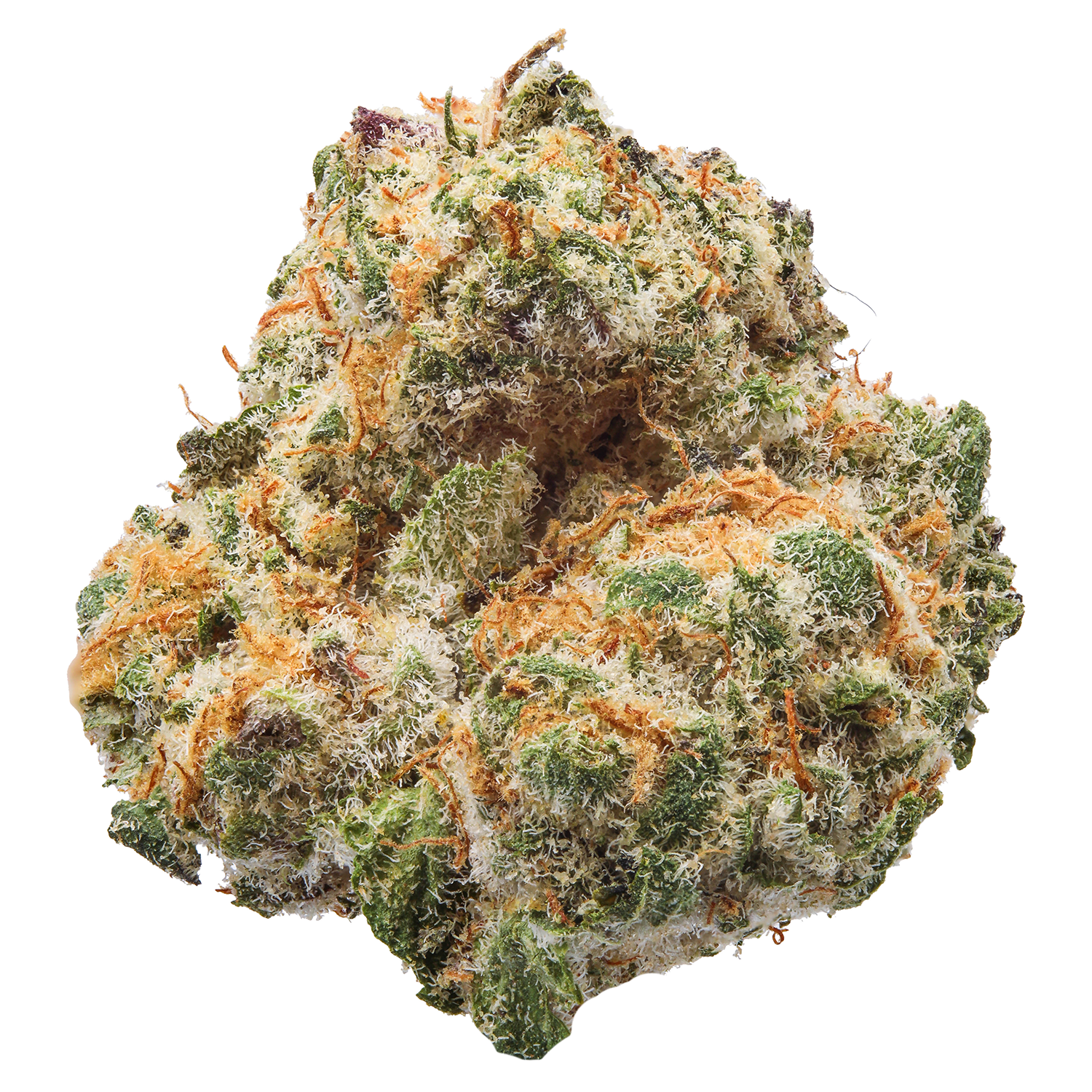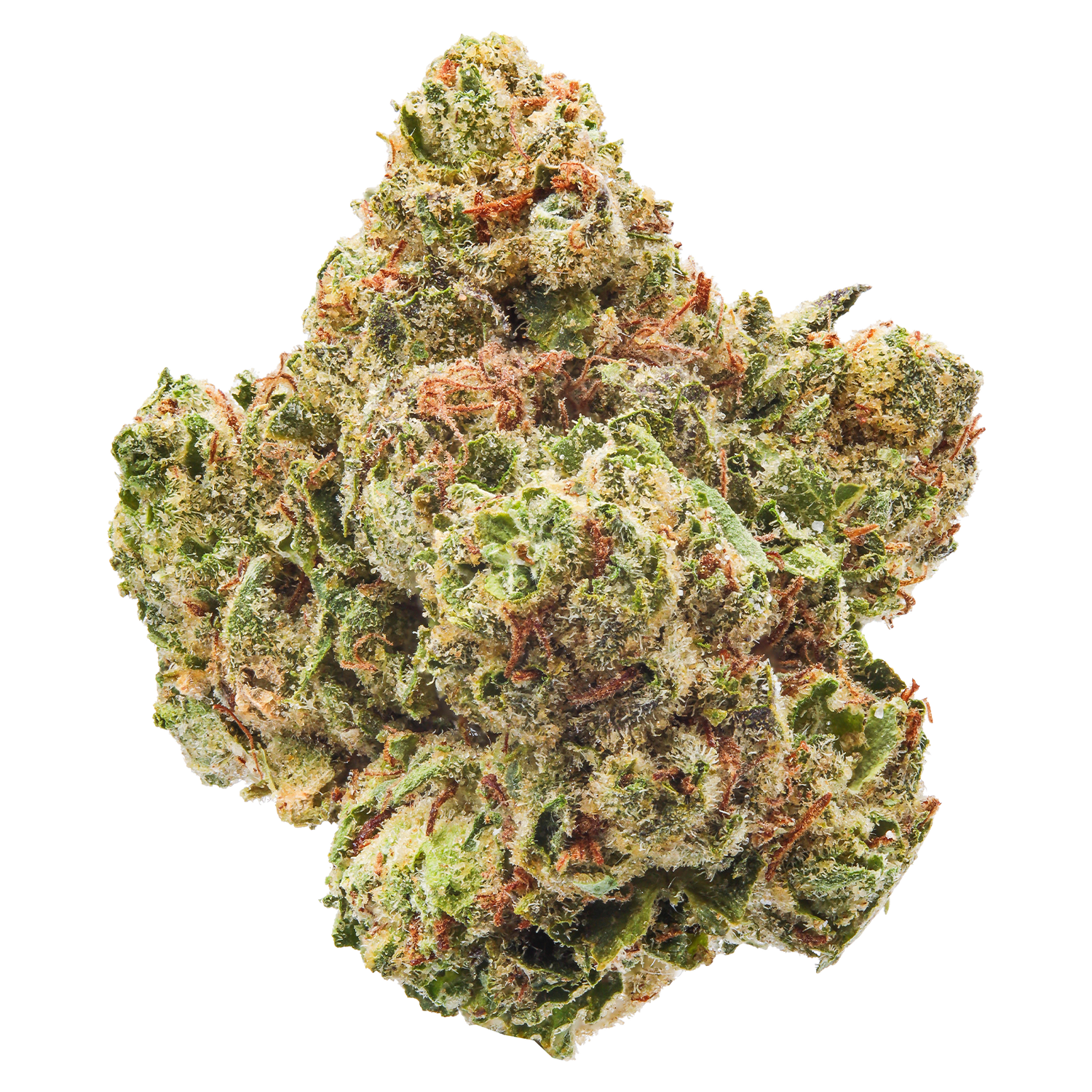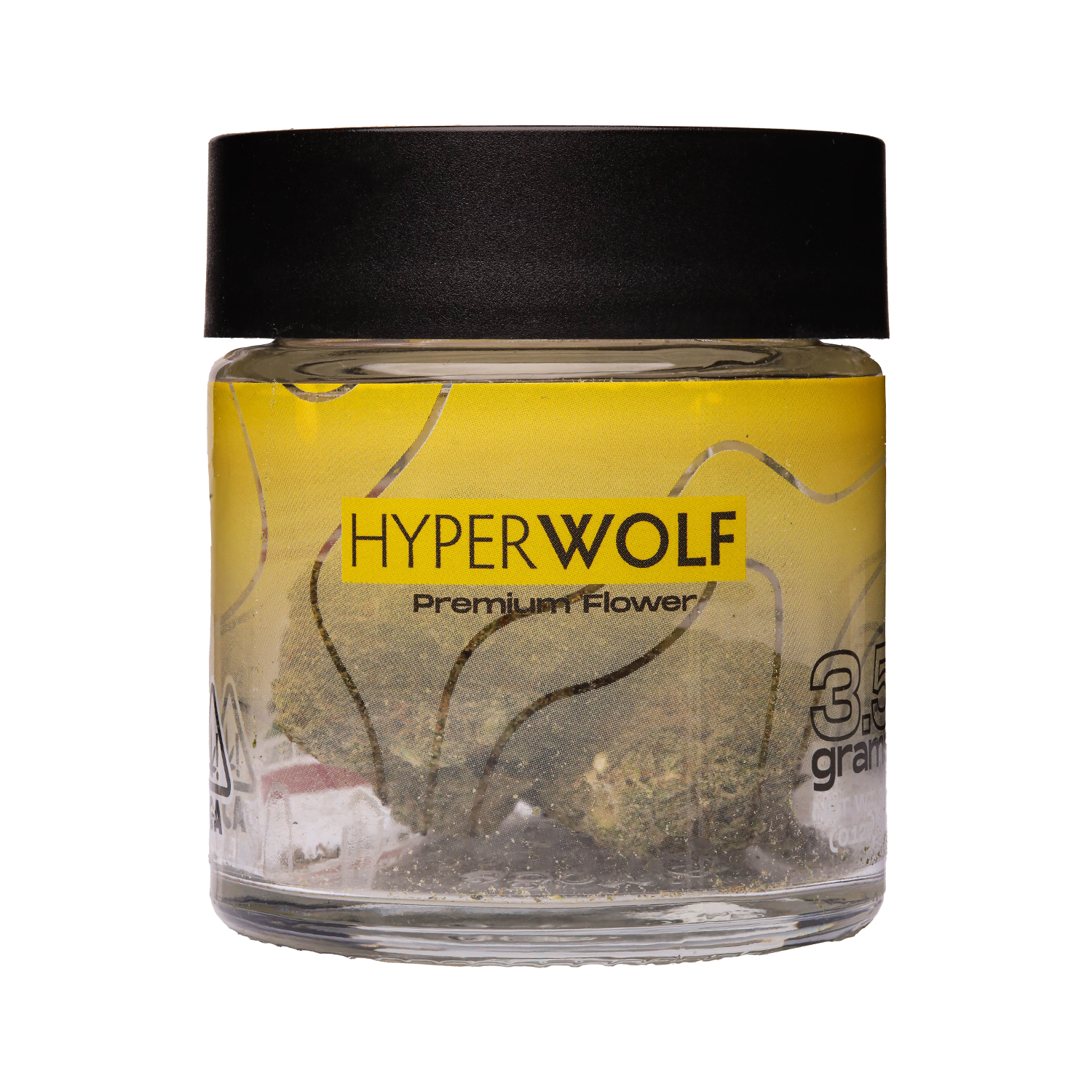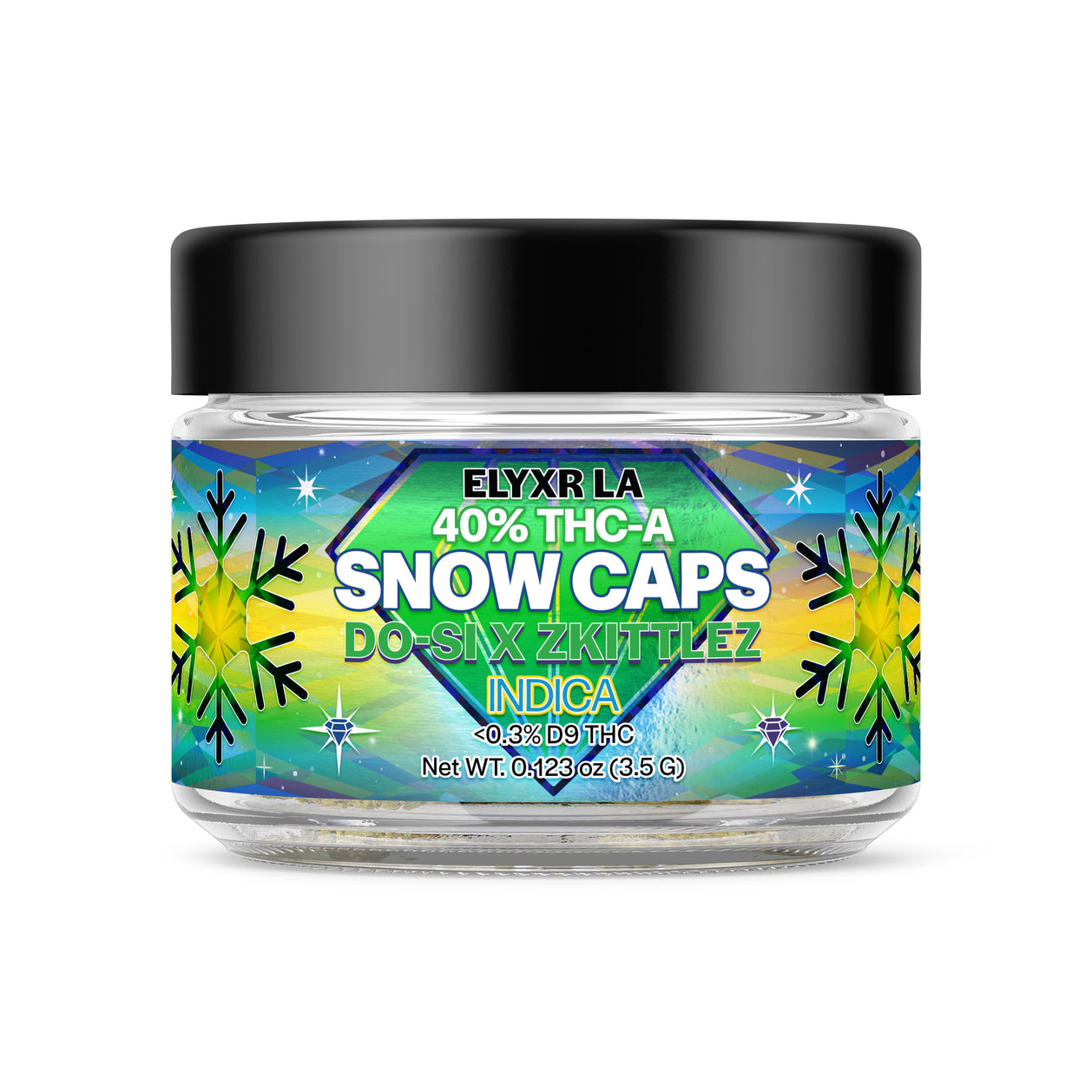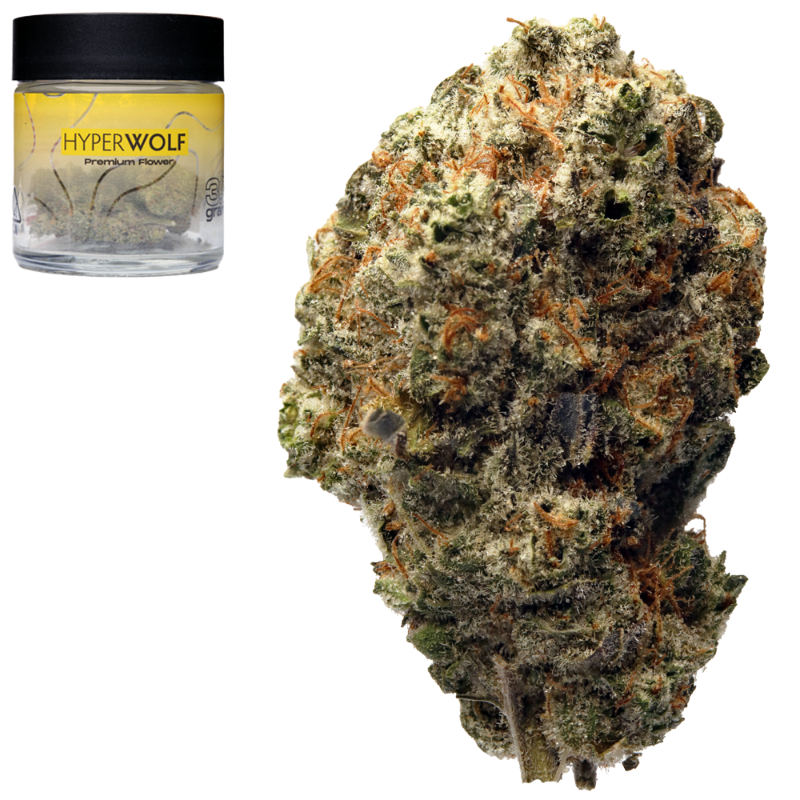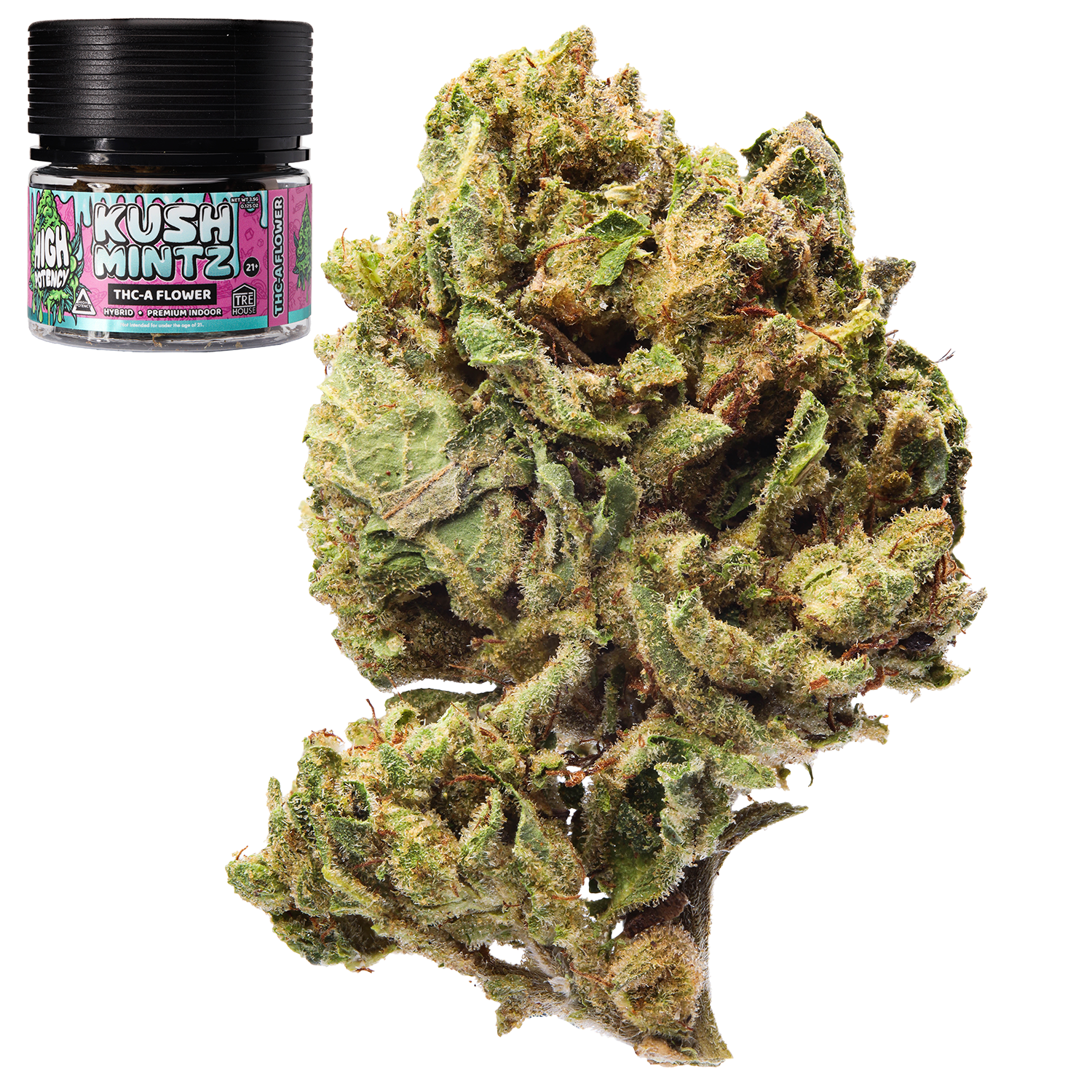The world of cannabinoids is anything but boring. Just when you think you’ve figured it out—BAM—another cannabinoid pops onto the scene and stirs things up. THCa vs THCp are two compounds that have sparked major interest among cannabis consumers, researchers, and product manufacturers alike. While they both stem from the same plant and share some similarities, they’re anything but interchangeable.
In this blog, we’re diving deep into the differences between THCa and THCp—what they are, how they work, what they feel like, and which might be right for you.
What is THCa?
THCa stands for tetrahydrocannabinolic acid, a non-psychoactive cannabinoid found in raw and live raw cannabis plants. It’s essentially the precursor to THC—the potent psychoactive cannabinoid most famous for getting people high. However, in its raw form, THCa doesn’t actually cause any intoxication. You could, theoretically, consume raw cannabis rich in THCa and not feel a buzz at all. That’s because THCa needs heat to become psychoactive, a process known as decarboxylation.
In nature, THCa is abundant in freshly harvested flower. It’s also present in products like live resin and THCa diamonds. It’s gained popularity among cannabis consumers who want the benefits of cannabinoids without the high, particularly when consumed in raw or low-heat applications.
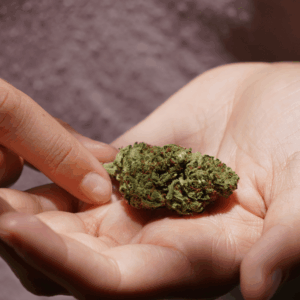
What is THCp?
THCp, or tetrahydrocannabiphorol, is a much more recent addition to the cannabinoid lineup, and it’s made quite a splash. Discovered in 2019 by Italian researchers, THCp is structurally similar to Delta-9 THC but comes with a potent twist. Its molecular structure includes a longer alkyl side chain—seven carbon atoms instead of five—which allows it to bind to the body’s CB1 receptors much more efficiently. In fact, early studies suggest it binds up to 33 times more strongly than THC.
That means THCp can be significantly more potent than THC, even in very small doses. This makes it a fascinating (and powerful) compound for experienced consumers looking for something beyond the traditional high. However, because it’s so new and not widely studied, there’s still a lot to learn about its long-term effects and safety.
Chemical Structure & Potency Differences
At the molecular level, the major difference between THCa and THCp lies in their structure. THCa (tetrahydrocannabinolic acid) has a carboxylic acid group that prevents it from binding directly to cannabinoid receptors, which is why it’s non-intoxicating until it’s heated. Once it undergoes decarboxylation, it becomes THC and can then interact with the body’s endocannabinoid system.
THCp, on the other hand, is already psychoactive and features a longer side chain, as mentioned above. That extra chain allows THCp to bind more effectively to CB1 receptors in the brain, which govern mood, perception, and pain. This stronger receptor binding is what contributes to its amplified effects, making it potentially far more potent than THC. Simply put: THCa won’t get you high unless you heat it, while THCp will—and it’ll hit hard.
Psychoactive Effects: THCa and THCp Products
The experience of consuming THCa versus THCp is drastically different, mainly due to their psychoactive properties—or lack thereof. THCa, when unheated, won’t get you high. You could juice raw cannabis flower packed with THCa and go about your day clear-headed and fully functional. That’s why THCa is often sought out for wellness purposes rather than recreational use.
Once heated, THCa turns into THC, delivering the familiar euphoric effects associated with traditional cannabis use. The high from THC is well-known: relaxing, mood-lifting, and sometimes a little mind-bending, depending on your dose.
THCp is a whole different ball game. Even tiny doses can produce intense euphoria, sedation, and altered perception. Many users describe it as a more vivid and immersive high—one that can be overwhelming if you’re not used to heavy cannabis use. It’s not something you’d want to experiment with lightly. The strength and duration of THCp’s effects require careful, measured dosing.
Medical Potential Benefits of THCa
THCa has been the subject of increasing interest for its potential medical applications. Because it doesn’t cause intoxication, it’s appealing to patients who want therapeutic benefits without the high. Preliminary research suggests that THCa may have anti-inflammatory, neuroprotective, and antiemetic properties. Some animal studies have hinted at its potential role in managing conditions like arthritis, epilepsy, and nausea.
Additionally, THCa is often incorporated into wellness routines through raw cannabis juicing, tinctures, or capsules designed to avoid decarboxylation. As research continues to evolve, we’re likely to see THCa play a more significant role in the medicinal cannabis space.
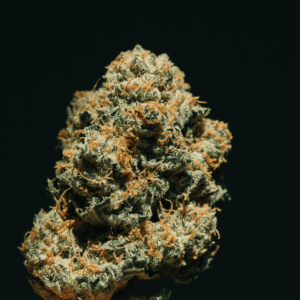
Medical Potential Benefits of THCp
THCp, while less studied, also shows promise in the medical field. Its strong affinity for CB1 receptors may make it particularly effective in managing pain, mood disorders, and appetite issues. Some anecdotal reports suggest that THCp provides deep physical relaxation and mental clarity at low doses, though high doses tend to skew more toward sedation and dissociation.
Because THCp is so potent, it might offer therapeutic benefits at much lower doses than traditional THC. However, the lack of comprehensive clinical studies makes it hard to draw firm conclusions. Still, it’s an exciting frontier for cannabinoid medicine and deserves further exploration.
Legal Status: THCa vs THCp
The legality of THCa and THCp is complex and varies based on federal and state laws. THCa derived from hemp (cannabis with less than 0.3% Delta-9 THC) is generally considered legal under the 2018 Farm Bill—as long as it remains in its acidic form and doesn’t decarboxylate into THC. However, this legal loophole is under scrutiny, and some states are cracking down on high-THCa products sold under the guise of hemp.
THCp falls into more of a gray area. It can be derived from hemp, making it technically legal under the Farm Bill, but its potent psychoactive effects push it closer to controlled substances in the eyes of regulators. Some states have explicitly banned or restricted THCp, so it’s critical to check local laws before purchasing or consuming either cannabinoid.
How THCa Converts Into THC
Understanding decarboxylation is key to grasping THCa’s role in the cannabis world. When cannabis is heated—whether through smoking, vaping, or baking—THCa loses its carboxylic acid group and becomes Delta-9 THC. This transformation is what triggers the intoxicating effects we associate with traditional weed.
For consumers, this means THCa-rich products can remain non-psychoactive unless intentionally exposed to heat. It also opens the door to flexible use: you can choose to activate it or not, depending on your preferred experience.
Consumption Methods: THCa
There are several ways to consume THCa, each delivering different results depending on how much heat is involved:
- Raw consumption: Juicing raw cannabis leaves or using THCa tinctures avoids decarboxylation, keeping it non-intoxicating.
- Smoking or vaping: Applying heat turns THCa into THC, delivering traditional potent effects.
- THCa diamonds or crystalline: Often dabbed or vaped, these potent concentrates offer a cleaner high when decarboxylated.
This range of consumption methods makes THCa versatile for both recreational and wellness-focused users.
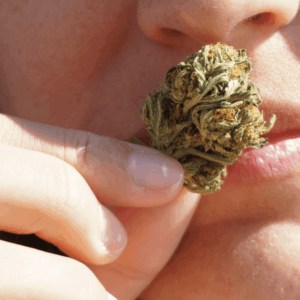
Consumption Methods: THCp
Because THCp occurs naturally in very small amounts, it’s usually produced in a lab setting from hemp-derived cannabinoids. As a result, you’re more likely to find THCp in highly concentrated forms like:
- Vape cartridges
- Tinctures or oils
- Edibles
THCp is rarely found in flower due to its low natural abundance, so consumers should always read labels and look for third-party lab results. Given its potency, precision dosing is key. Start with a very small amount and work up slowly.
Which Cannabinoid is Better for Beginners?
If you’re new to cannabis or cannabinoids in general, THCa is hands-down the better starting point. In its raw form, it offers therapeutic effects without any intoxication. Even when heated, THCa (as THC) delivers a high that’s familiar and more manageable.
THCp, however, is best reserved for experienced users with a solid tolerance. Its intense potency can easily overwhelm newcomers, leading to uncomfortable side effects like anxiety or paranoia. Unless you’re actively seeking something much stronger than THC, it’s wise to approach THCp with caution.
THCa and THCp in the Market
The cannabis market has been quick to capitalize on the growing interest in both THCa and THCp. THCa products are commonly found in flower, concentrates, and pre-rolls, especially in states where cannabis is legal. Some retailers even offer high-THCa hemp flower marketed as federally compliant.
THCp is still more niche but gaining ground. Vape carts and tinctures are the most common product formats. Because it’s often synthesized in small batches, THCp products are usually more expensive and harder to find—but that exclusivity is part of the appeal for many seasoned consumers.
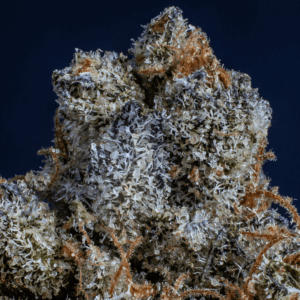
Side Effects and Safety Considerations
Both THCa and THCp appear to be well-tolerated by most users, but they come with different risk profiles. THCa, especially in raw form, has very few reported side effects. At most, users might experience mild digestive issues or allergic reactions in rare cases.
THCp, due to its strength, can produce more intense effects and side effects. These may include:
- Anxiety or paranoia (especially in high doses)
- Dizziness or lightheadedness
- Dry mouth and red eyes
Because of its potency, it’s important to use THCp responsibly. Always choose lab-tested products and avoid mixing with other potent cannabinoids or alcohol until you know how your body reacts.
Final Thoughts: Choosing Between THCa and THCp
Ultimately, whether you lean toward THCa or THCp depends on your personal goals. If you’re after therapeutic benefits without the buzz—or a smoother high when activated—THCa is a solid, versatile choice. It’s perfect for people who value control, subtlety, and wellness-focused cannabis experiences.
THCp, on the other hand, is a heavyweight champion. If you’re an experienced user looking for next-level potency, it may be worth exploring. Just tread lightly: a little goes a long way, and responsible use is key.
Both cannabinoids represent exciting frontiers in cannabis science. As research evolves and products become more refined, expect to see THCa and THCp play increasingly important roles in the future of cannabis consumption.
Frequently Asked Questions
1. Is THCA better or THCP?
It depends on what you’re looking for in your THCa and THCp products. THCa is non-psychoactive in its raw form and better suited for wellness-focused users who want the therapeutic benefits of cannabis without the high. THCp, on the other hand, is ultra-potent and best for experienced users seeking a strong, euphoric effect. So, if you want intensity, THCp might be “better.” If you’re after balance or non-intoxicating benefits, THCa is likely the better pick.
2. Can THCA get you stoned?
Not on its own. THCa can only produce psychoactive effects after it’s been heated—a process known as decarboxylation. Once converted into THC through smoking, vaping, or cooking, it can definitely get you high. But if you’re juicing raw cannabis or consuming THCa in a non-heated form, you won’t feel stoned.
3. What is the benefit of THCA?
THCa has several potential benefits without the intoxicating effects. Early research and anecdotal reports suggest anti-inflammatory, anti-nausea, and neuroprotective properties. Many people use raw THCa in wellness routines to help with joint pain, digestion, or general inflammation—without disrupting their mental clarity or daily function.
4. Does THCA affect you differently?
Yes, THCa affects you very differently than THCp or even traditional THC. In its raw form, THCa doesn’t produce a high, so the effects are more subtle—think reduced inflammation or nausea rather than a shift in mood or perception. Once it’s heated and converted to THC, its effects resemble typical cannabis intoxication, but still differ greatly in intensity compared to THCp, which is much more potent.




